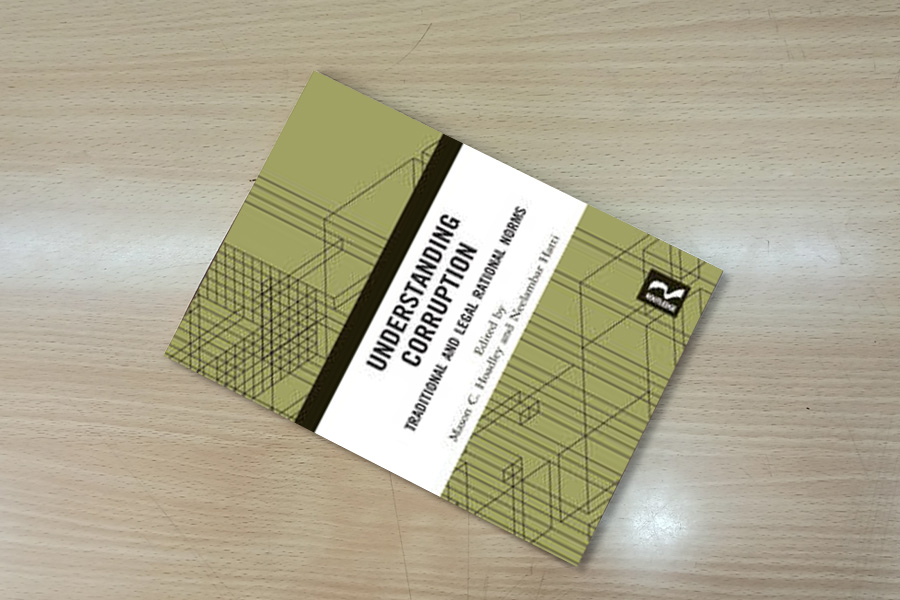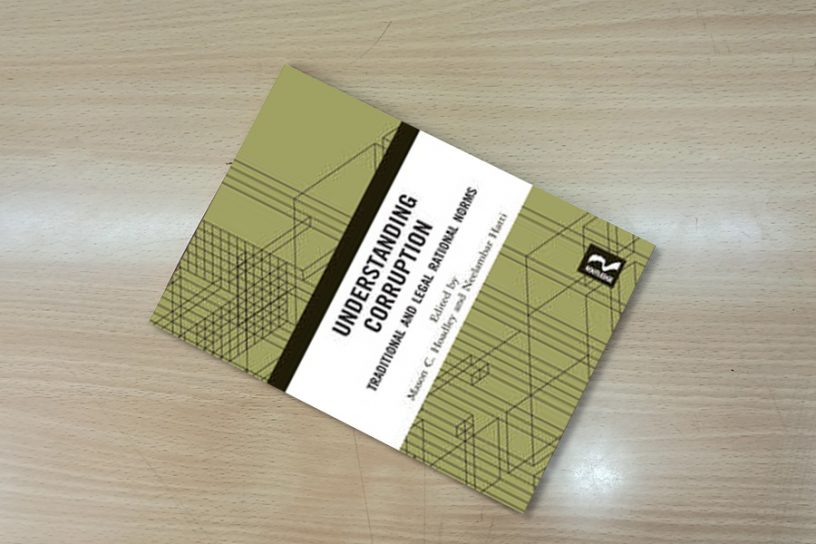
This book chapter examines India’s numerous anti-corruption agencies and the development of an enabling legislative environment to give effect to its anti-corruption ambitions.
Authors
Ramaswamy Sudarshan, Professor and Dean, Jindal School of Government and Public Policy, O.P. Jindal Global University, Sonipat, Haryana, India.
Firoz Khan, School of Public Leadership, University of Stellenbosch, Western Cape, South Africa.
Summary
This chapter examines India’s numerous anti-corruption agencies and the development of an enabling legislative environment to give effect to its anti-corruption ambitions. The onset of British rule in India produced fundamental change in the laws and patterns of governance in much of India.
The Indian Penal Code (IPC) is the longest-serving criminal law code in the common law world. It contains the earliest anti-corruption provisions in Indian law. In April 1941, the War Resources Committees created the Special Staff task team to investigate and check bribery and corruption in various supplying departments.
In August 1947, the partitioning of British India into India and Pakistan and independence from British rule posed serious challenges to the governments of both the countries. The Central Vigilance Commission (CVC) was established in 1964. The Committee further recommended that the CVC should function as an ombudsman in India, taking cognizance of cases of maladministration as well as corruption.
Published in: Understanding Corruption
To read the full book chapter, please click here.


